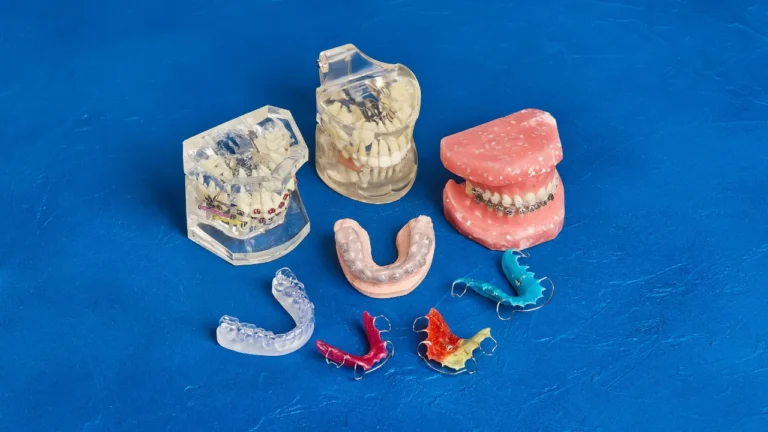Is that persistent toothache making you cringe?
It could be a sign of a root canal infection.
Root canal infections are a common dental issue that can cause severe discomfort and jeopardize your oral health if left untreated.
Understanding the causes, symptoms, and treatment options for root canal infections is crucial for taking proactive steps towards a healthier smile.
Causes Of Root Canal Infections
Root canal infections typically occur due to untreated tooth decay or trauma to the tooth.
Tooth decay can penetrate deep into the tooth, reaching the inner pulp chamber, where the nerves and blood vessels are located.
Similarly, a tooth that has suffered severe trauma, such as a crack or fracture, can expose the inner tissues to bacteria, leading to infection.
Symptoms Of A Root Canal Infection
Recognizing the symptoms of a root canal infection is crucial for prompt treatment.
Common signs include persistent toothache, sensitivity to hot and cold temperatures, swelling around the affected area, and the presence of a pimple-like bump on the gum near the tooth.
If you experience any of these symptoms, it’s essential to visit your dentist as soon as possible.
Diagnosis Of A Root Canal Infection
Your dentist will perform a thorough examination to diagnose a root canal infection.
This typically involves taking X-rays to assess the condition of the tooth’s root and pulp chamber.
They will also conduct a visual examination, looking for signs of inflammation, infection, or abscess formation.
Treatment Options For A Root Canal Infection
Fortunately, several treatment options are available for root canal infections, and the most common one is root canal therapy.
This procedure involves removing the infected pulp, cleaning and disinfecting the root canal, and sealing it to prevent further infection.
In some cases, your dentist may prescribe antibiotics to eliminate any remaining infection.
However, if the infection is severe and the tooth cannot be saved, extraction may be necessary.
Your dentist will discuss the best course of action based on the specific circumstances.
Recovery And Aftercare
After root canal therapy, you may experience some sensitivity or discomfort, which can be managed with over-the-counter pain relievers.
It’s important to follow your dentist’s instructions regarding oral hygiene and any prescribed medications.
Maintaining good oral hygiene practices, such as brushing twice a day, flossing, and regular dental check-ups, will help promote healing and prevent future infections.
Prevention
Preventing root canal infections is possible with proper oral care.
Brush your teeth at least twice a day with fluoride toothpaste, floss daily to remove plaque and bacteria from between your teeth, and limit your consumption of sugary foods and drinks.
Regular visits to your dentist for check-ups and professional cleanings are also essential for early detection and treatment of dental issues before they progress to infections.
Take away
Root canal infections can cause significant discomfort and jeopardize your oral health if left untreated.
Remember, early intervention is key to saving your tooth and maintaining a healthy smile.
If you suspect a root canal infection, don’t hesitate to schedule an appointment with your dentist for a proper diagnosis and personalized treatment plan.
We hope this article has been helpful in shedding light on root canal infections.
At Every Smile Dentistry, we are committed to providing you with comprehensive dental information and high-quality care.
Contact us today for any further questions or to book an appointment. Your smile is our priority!





